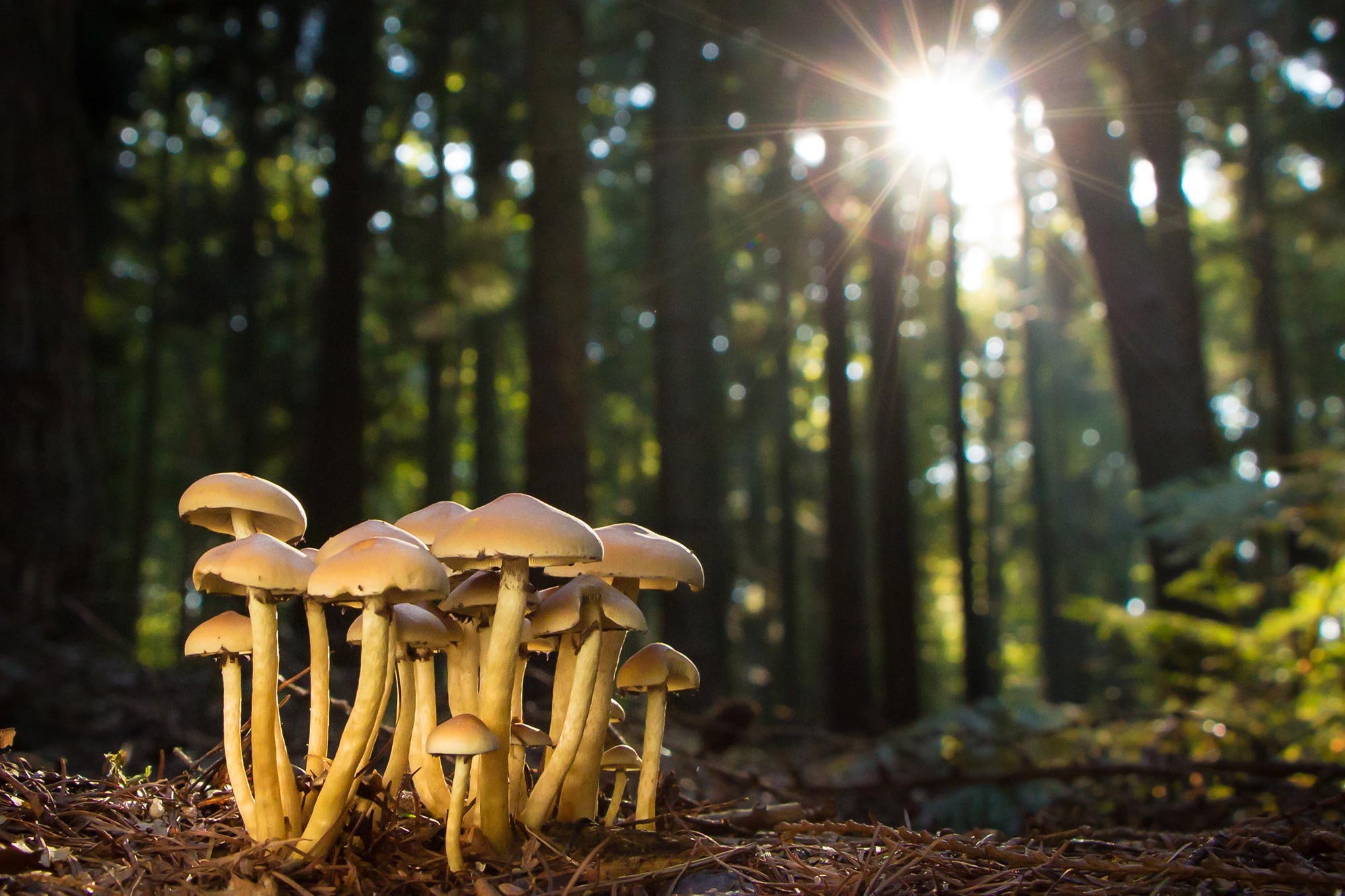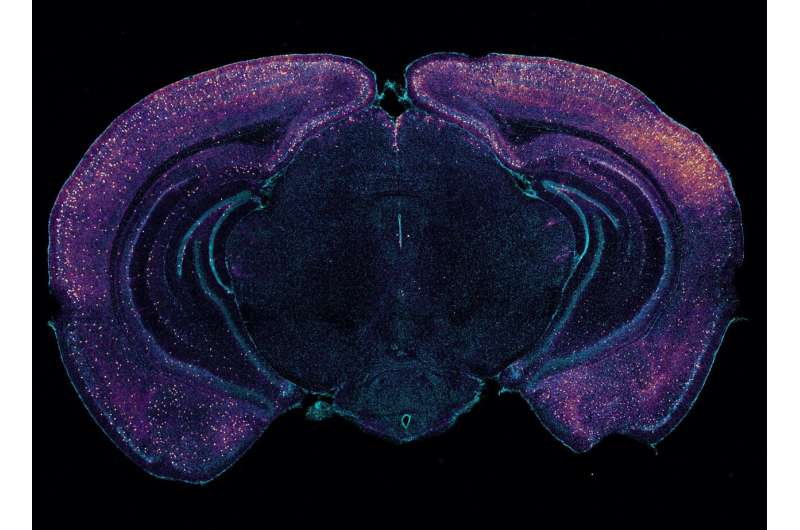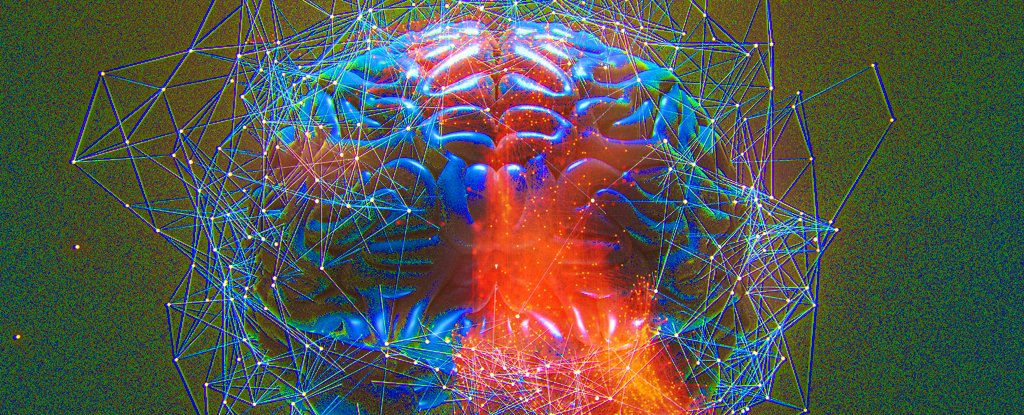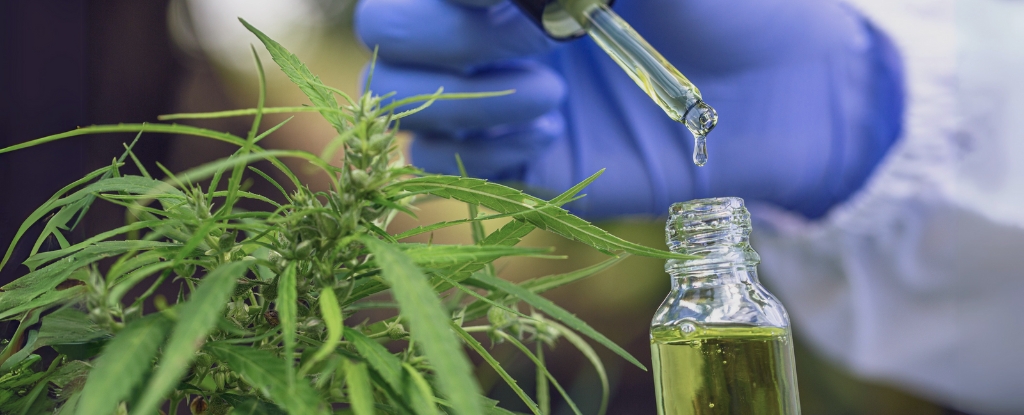Misc. news stories
In a new study published in JAMA Psychiatry, researchers led by Otto Simonsson of Karolinska Institutet’s Department of Clinical Neuroscience have cast new light on the controversial topic of psychedelic drug use among adolescents.

Psilocybe mushrooms appear to have started producing psilocybin roughly 67 million years ago, right around the dinosaurs’ demise, new research shows.

A recent study sheds light on the relationship between moral values and political affiliations, revealing that the standards of morality people apply in political contexts may differ significantly from those in personal spheres.

Nestled within the photosynthetic, or light-eating, tissue of the boreal trees – and within the bountiful cloud-like lichens and feathery mosses that carpet the ground between them – are fungi. These fungi are endophytes, meaning they live within plants, often in a mutually beneficial arrangement. See the research here.

Studies at MIT and elsewhere are producing mounting evidence that light flickering and sound clicking at the gamma brain rhythm frequency of 40 Hz can reduce Alzheimer’s disease (AD) progression and treat symptoms in human volunteers as well as lab mice. See the new study in Nature.

New research published in Journal of Psychopharmacology provides evidence that the drug MDMA may have the unique ability to enhance emotional responses to positive (but not negative) social interactions. This insight sheds light on the potential of MDMA to influence social perception, opening new avenues for understanding and potentially treating conditions characterized by impaired social processing.

Even small doses of LSD could have therapeutic benefits for mental health and task performance, a new study shows.

The German parliament has backed a new law to allow the recreational use of cannabis. Under the law, over-18s in Germany will be allowed to possess substantial amounts of cannabis, but strict rules will make it difficult to buy the drug.

Two studies of ayahuasca ceremony participants found that at least 50% of these individuals had an ayahuasca-induced personal death experience. These experiences were associated with an increased sense that consciousness will continue after death and increased concerns for the environment. The paper was published in the Frontiers in Psychiatry.

A new study by researchers at UC San Francisco provides new insight into how the brain processes musical melodies. Through precise mapping of the cerebral cortex, the study uncovered that our brains process music by not only discerning pitch and the direction of pitch changes but also by predicting the sequence of upcoming notes, each task managed by distinct sets of neurons.

The former heavyweight boxing champion Mike Tyson has urged Joe Biden to follow through on his commitment to “correct our country’s failed approach to marijuana” and give clemency to the thousands of nonviolent cannabis offenders still languishing in federal lockups.

There are dissenting opinions among researchers about whether cannabis is a ‘gateway drug’ that leads people to use other, more dangerous drugs. New research by the University of British Columbia (UBC), Canada, examined whether using cannabis to manage cravings changed a person’s use of illicit stimulants. The study was published in the journal Addictive Behaviors.
Image by: elsaolofsson (Wiki Commons)

New research published in Molecular Psychiatry provides insight into how psilocybin, a compound found in psychedelic “magic” mushrooms, influences the brain and behavior. By observing the effects of psilocybin on larval zebrafish, scientists uncovered that it not only stimulates exploratory behavior but also buffers against stress-induced changes in activity patterns.

A concentrated cannabis extract has shown “remarkable” potential to kill off the most dangerous type of skin cancer. The study was published in Cells.

I wasn’t open to experiences and possibilities outside the realm of what was considered “normal,” but that was all about to change.

Could LSD, Ketamine and ayahuasca revolutionise mental health treatment? The Brave New World podcast speaks to experts David Nutt and Amanda Feilding about the psychedelic renaissance. (10 min clip).
Image from: Justin Cooke (Wiki Commons)








